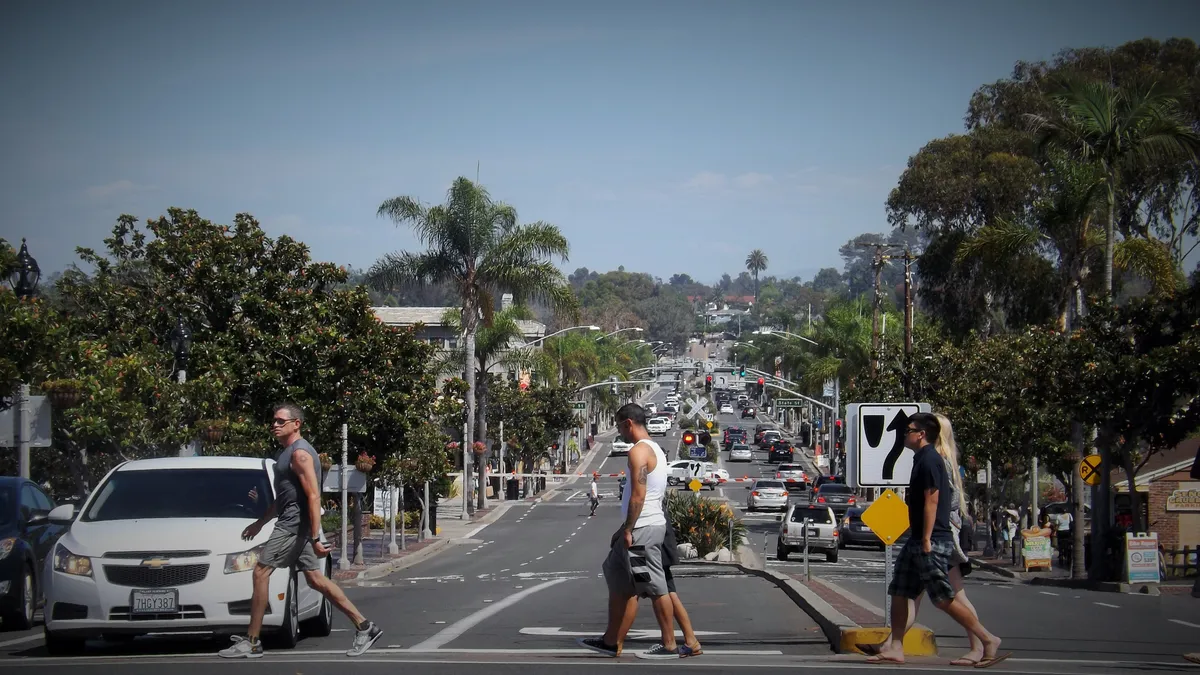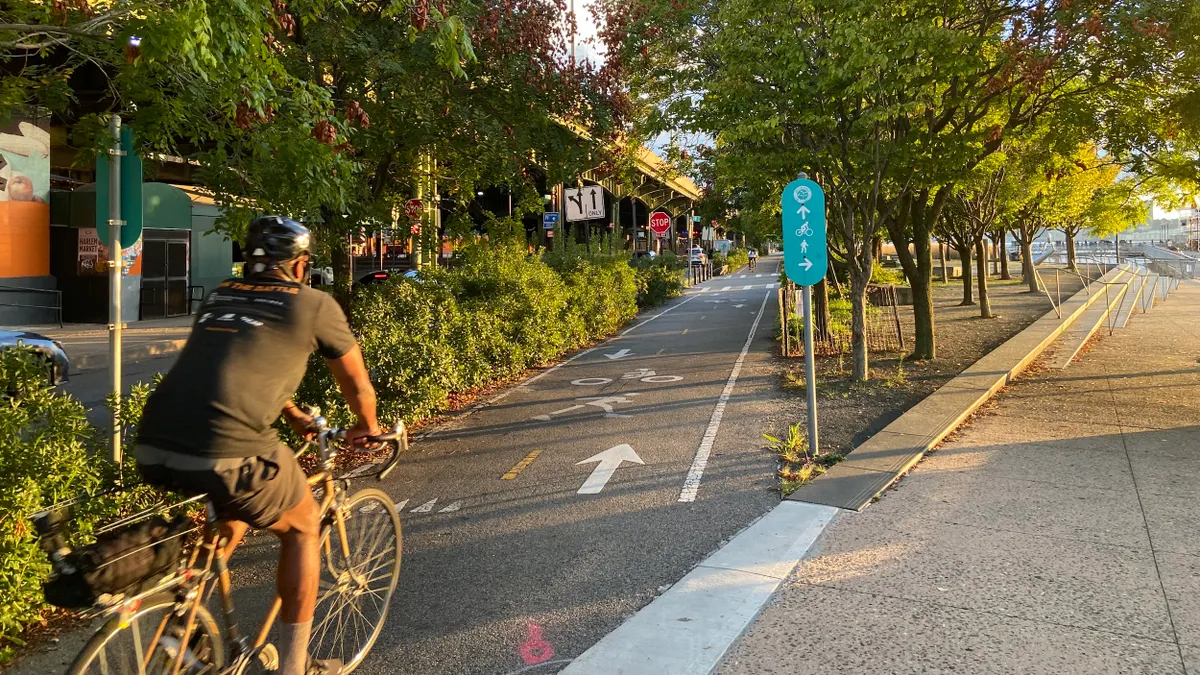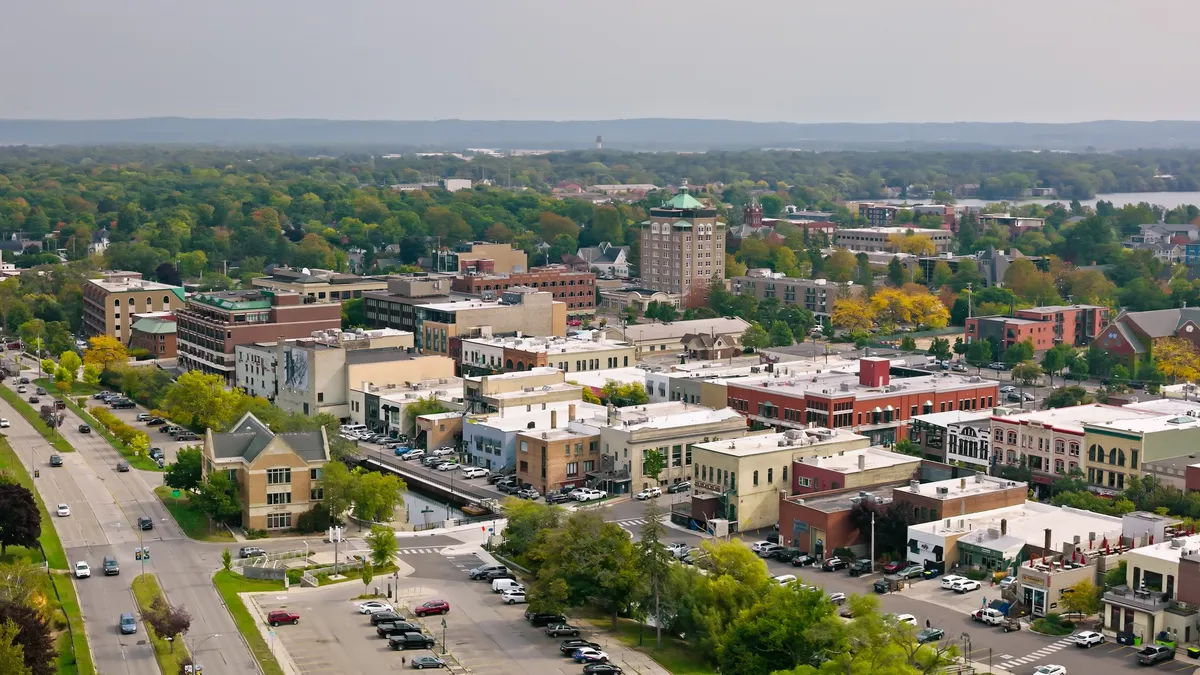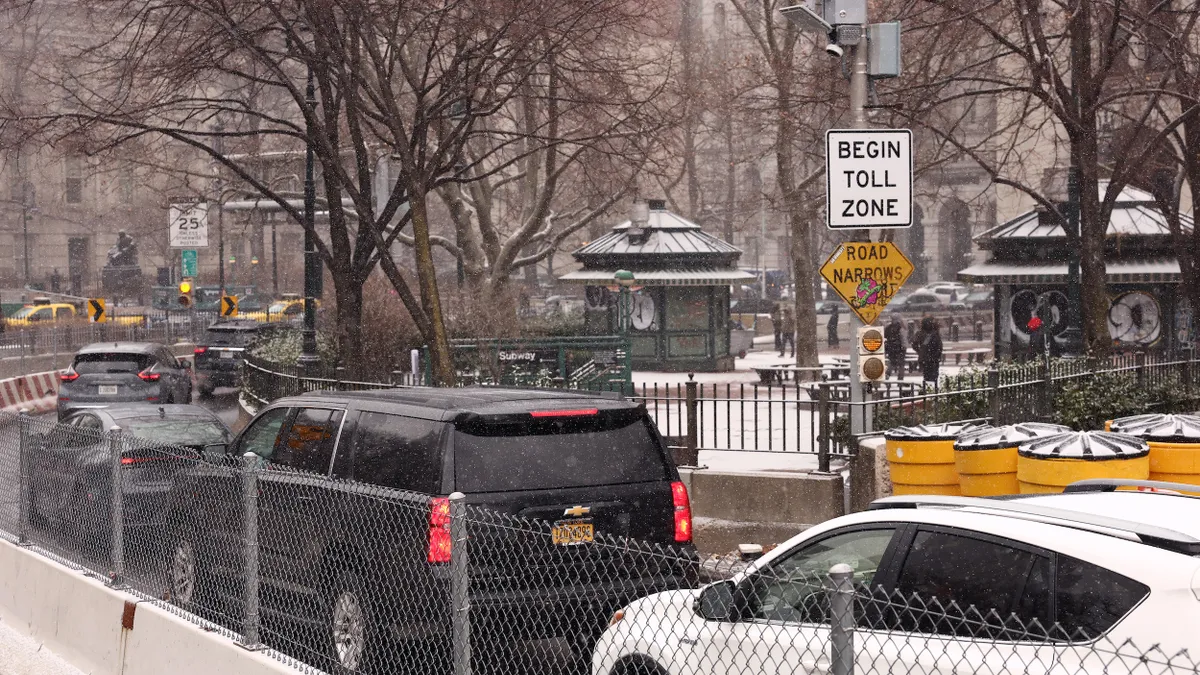Injury-causing accidents involving bikes and e-bikes more than tripled between 2019 and 2022 in Carlsbad, California. The tipping point came in August 2022, when two bicyclists were struck and killed in separate incidents, prompting the City Council to declare a road safety state of emergency for the city of about 115,000 people just north of San Diego.
The emergency declaration unlocked $2 million in funding and allowed the city to quickly launch a road safety strategy that includes a public safety campaign, infrastructure upgrades and increased police enforcement. As of late June, police had handed out more than 3,600 citations, mostly to car drivers.
“All of the resources and focus of the city [were] on one issue,” said Kristina Ray, Carlsbad’s director of communication and engagement. “Within those first four weeks, there was a massive response.”
As part of the initiative, Carlsbad is using data to prioritize short- and long-term traffic projects. The city uses the data to generate heat maps of high-collision areas and the top causes of accidents — notably, speeding — and then target road updates and safety messaging accordingly, Ray said.
“Like many cities, we have a plan for transforming our streets [to move] people, not just cars,” Ray said. “What we're doing now is just reprioritizing some projects and applying some of that emergency funding to expedite things, so that we're doing more more quickly and focusing on the higher-collision areas.”
These plans include narrowing car lanes, creating traffic circles, adding buffers between bike and car lanes and improving traffic signage, among other projects, Ray said. To improve safety for children, the Carlsbad Unified School District will require students to take a training course hosted by the Police Department before receiving a permit to park their bikes on campus.
Preliminary results from these interventions are promising, Ray said. During the first six months of the emergency declaration, the number of injury-causing accidents dropped 19% year over year, including a 13% decrease in injury-causing accidents involving bikes and e-bikes.
Carlsbad won’t publish full-year data until after the emergency declaration expires Sept. 8. The City Council has extended it in 60-day increments over the past year, but Ray said city leadership believes it can now “transition this work to normal day-to-day city operations, without risking that we would go back to this extreme peril situation.”
Ongoing road safety efforts will take time — and a lot more money. As of July, Carlsbad had about $650,000 left of the initial $2 million; the city estimates that its planned traffic and mobility projects will cost about $350 million over the next 15 years.
“Engineering and redesigning roads and changing operations can be pretty expensive, so a cost-effective way [to start] is to do education and encouragement” as well to ask police to closely monitor traffic safety laws and focus on school routes, said Bruce Appleyard, a professor of city planning and urban design at San Diego State University and associate director of its Center for Pedestrian and Bicyclist Safety.
Carlsbad’s declaration is not without precedent. In 2019, San Francisco declared a state of emergency over traffic deaths, while this summer, Encinitas, California, just south of Carlsbad, declared its own emergency after a 15-year-old e-biker was killed in a traffic collision. The Encinitas plan focuses on public safety announcements and school partnerships to encourage bike safety among students.
The growing concern over e-bike safety for teenagers prompted a California state lawmaker to introduce legislation this year that would require licenses for e-bike riders if they don’t already have a driver’s license. Even so, some biking advocates say these efforts put the burden on cyclists and pedestrians to stay safe rather than compel drivers to slow down.
“It’s not e-bikes that are the problem, it's drivers of cars who kill people,” said Chloé Lauer, executive director of the San Diego County Bicycle Coalition.
Going forward, advocates like Lauer and Appleyard want cities such as Carlsbad to continue to prioritize road safety initiatives, even once their emergency declarations — and the funding and flexibilities that come with them — expire.
“Because of our car-oriented society here in Southern California, it takes a lot more to retrofit these streets,” Lauer said. “Our cities need to become more nimble and be willing to test things out on a temporary basis and evaluate them, and not get so caught up in all of their own red tape.


















